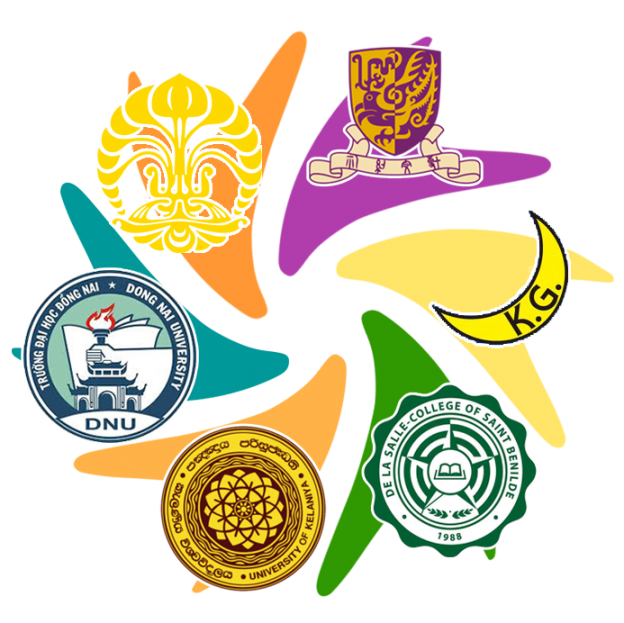Home › Forums › Webinars 2021-22 › Sign Language and Early Literacy › Answer to questions (in written English)
- This topic has 1 reply, 1 voice, and was last updated 1 year, 1 month ago by
admin.
-
AuthorPosts
-
-
2024-03-25 at 10:27 #2172
-
2024-03-25 at 10:28 #2173
admin
Keymaster1. By the end of the talk, the concept of plurilingualism was introduced. It was described as a perspective that focuses on the significance of the already possessed, partial, yet functional competencies in a language (languages) as far as I can remember. It seems that plurilanguaging could mean switching among multiple languages easily depending on the situations, which still require a high level of language competencies in all of the acquired languages the person has. It sounds quite like a very similar but “less harsh” version of multilingualism. I am interested in the concept but am a bit confused at the moment. Could you please further elaborate the differences between plurilingualism and multilingualism? Also, could a person be semi-lingual in all the languages he/she possesses? Is it still possible for a person who had undergone persistent deprivation and has language dysfluency to get to a point where their language competencies could be qualified as plurilingual?
Thank you very much for this question. Plurilingualism is defined by the Council of Europe (2001, p. 4, https://rm.coe.int/1680459f97) as multilingualism at the level of the individual. It relates to the individual’s whole linguistic repertoire. From this perspective, multilingualism refers to the different languages in a given society, but plurilingualism is about the individual’s repertoire. Plurilingualism does not mean that people need to master languages to a native-speaker level. Rather, all linguistic abilities have a place.
I feel the concept of semilingualism is not relevant to plurilingualism because plurilingualism endorses what may be seen as partial or “truncated” competencies in different languages (these competencies are parts of a whole linguistic repertoire). We are all plurilingual, since all language abilities have a place in plurilingualism.
In the introduction to my book Critical Perspectives on Plurilingualism in Deaf Education, I discuss the concept of plurilingualism further as related to deaf students. I am happy to share this chapter. Please email me at ksnoddon@ryerson.ca if you would like a copy.
-
-
AuthorPosts
- You must be logged in to reply to this topic.
